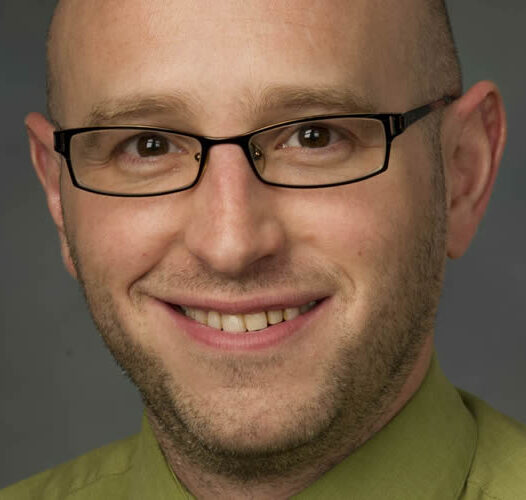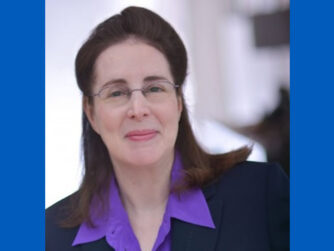Dr. Alan Delmerico
In this episode, our guest Dr. Alan Delmerico – a health geographer and economist, describes how he is gathering data and using it to help researchers and practitioners account for the interaction between people and their geospatial contexts (social workers: think person in environment). He discusses how these interactions shape outcomes and help inform interventions that assist in promoting improved healthcare promotion, accessibility, and prevention efforts.
Alan Delmerico, PhD, is a Community Health Behavior Scientist at the Institute for Community Health Promotion, Center for Health and Social Research at the State University of New York (SUNY), Buffalo State. He received a BA/MA in Economics, an MA in Geography, and a PhD in Geography from the University at Buffalo, SUNY. He teaches classes at Buffalo State in data analytics and visualization for health promotion and health program planning. His work at the Institute for Community Health Promotion involves managing multiple research projects, conducting spatial and statistical analyses of project data, and maintaining geographic databases. His research focuses on the development and application of spatial analytical methods to topics of community health behaviors and, in particular, the spatial analysis of alcohol use, mental health, and related behaviors. Additionally, he has broad research interests in the role of ecological factors in influencing health outcomes, including the prevention of chronic disease and healthy aging. He coordinates the Higher Education Anchor Mission Initiative efforts at Buffalo State
Interviewer: Robert Keefe, PhD





